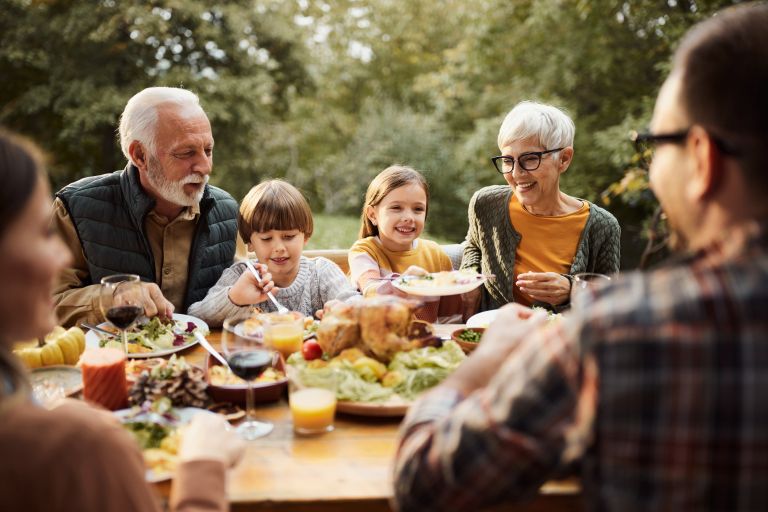Steps to keep yourself safe
Stay home if you have cold or flu symptoms. Wear a mask if you need to leave home.
You may be required to wear a mask in high risk settings.
Stay up to date with your recommended COVID-19 vaccinations.
Don't visit people who are at higher risk if you have COVID-19 or symptoms.
Talk with your doctor now if you're at higher risk. You may need a PCR test and be eligible for antivirals.
Gather outdoors or in well-ventilated indoor spaces.
Guidance on protecting other people
Advice for parents of children in childcare and schools
Find out what COVID-safe measures are in place at NSW early childhood education centres and schools.
Visiting people in high-risk settings
If you're visiting someone in aged care or disability care, find out what you can do to keep them safe.
Advice for workers
Guidance for workers affected by COVID-19.
Advice for people at higher risk of severe illness
Easy Read and translated resources
Contact us and find translation help
Contacts and enquiries
- Service NSW – information and advice for NSW residents and businesses. Phone 13 77 88
- Healthdirect – government-funded 24-hour health advice. Phone 1800 022 222
- Disability Gateway – information for people with disability. Phone 1800 643 787
Government services
- Mental health support, services and programs
- Service NSW Savings Finder – find rebates and vouchers relevant to you
- Business Concierge – tailored advice from Business Connect advisors. Phone 13 77 88
Language and interpreting support
- Translating and Interpreting Service (TIS National) – free service provided by the Australian Government. Phone 13 14 50
Last updated:






